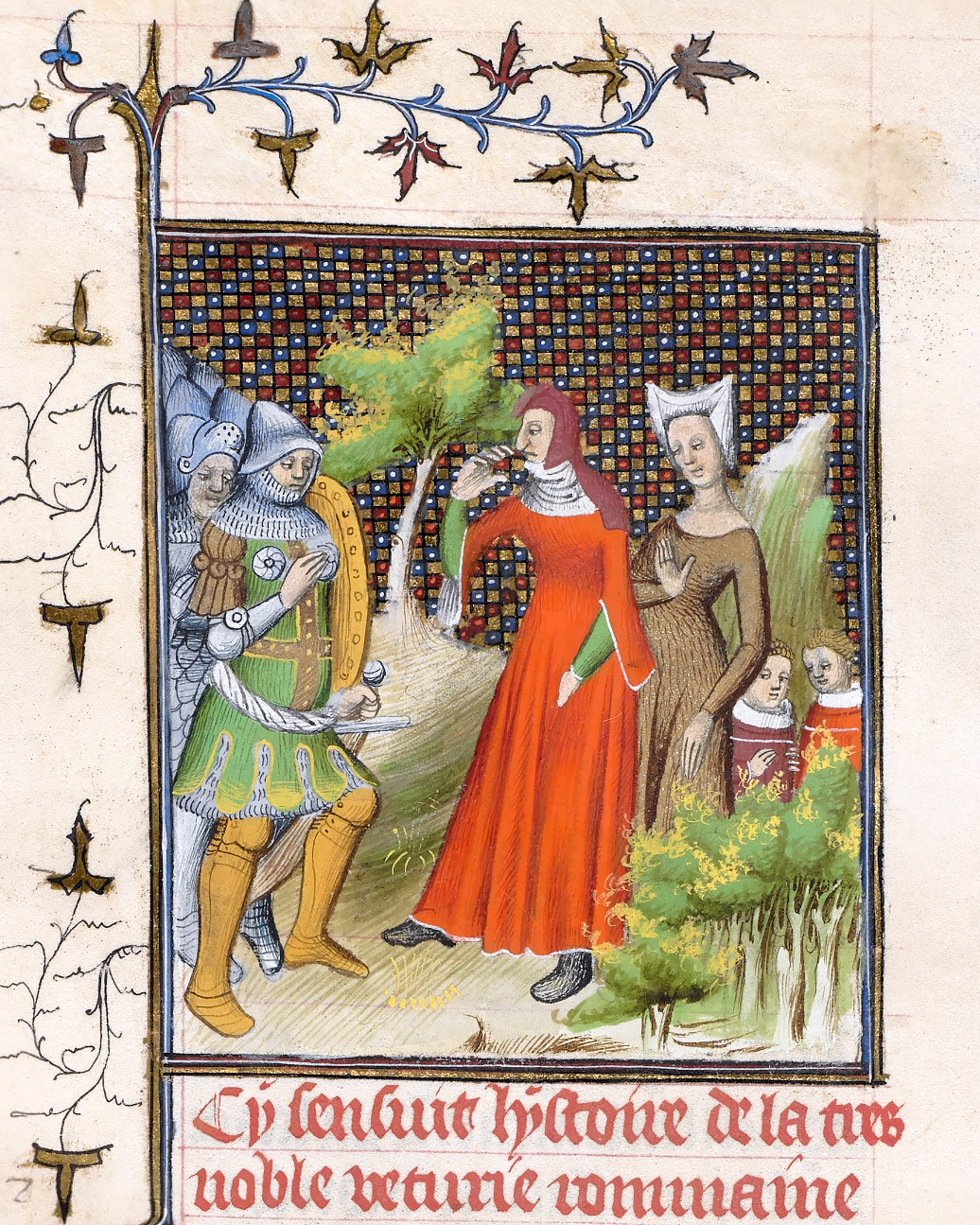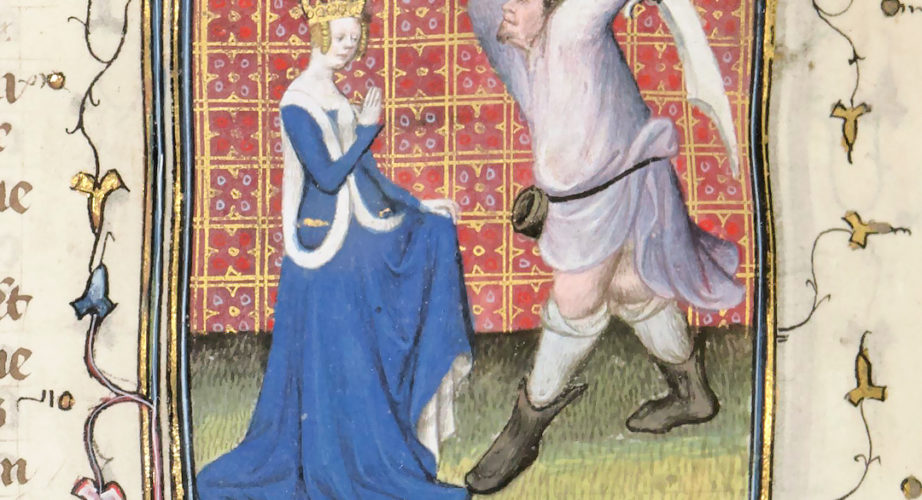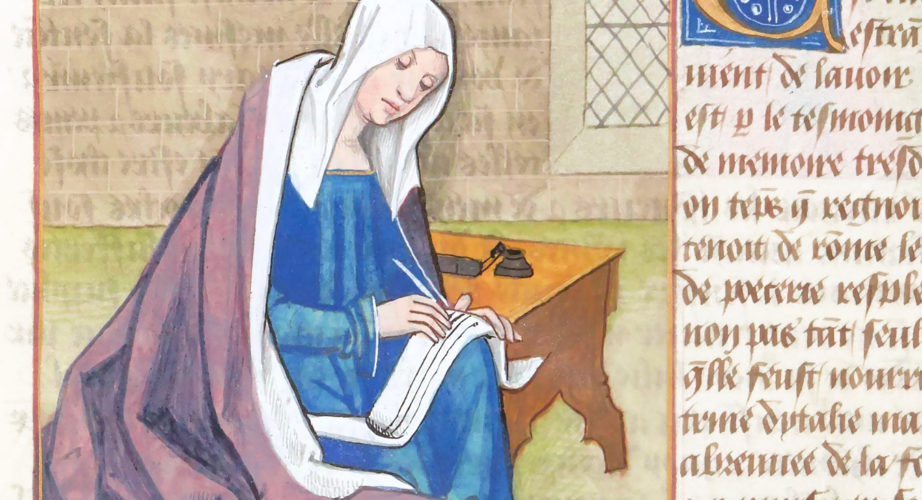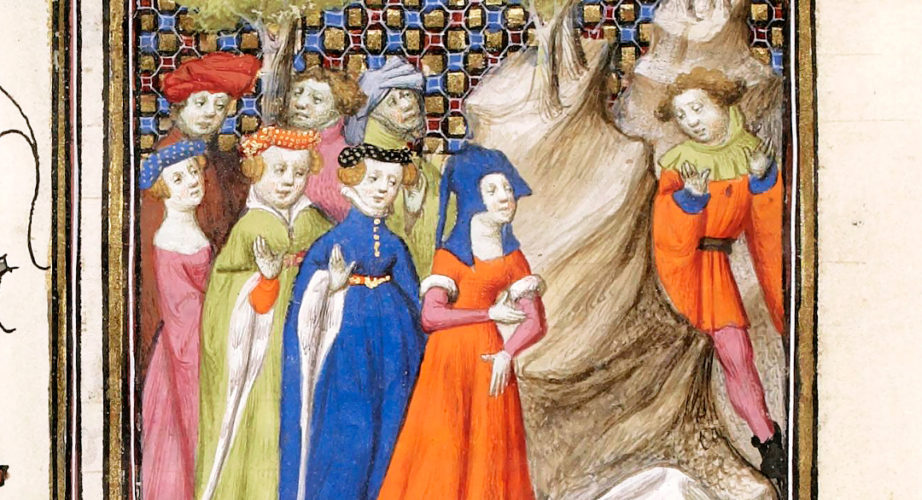Veturia

Our weekly Women's Wednesday is dedicated to the courage of a mother: our Mulier Clara is Veturia, mother of the Roman general Gaius Marcius Coriolanus.
Coming from a wealthy family herself, Veturia was the one to push her son towards politics. After becoming the hero of the Siege of Corioli, however, the general became somewhat of a public enemy in Rome: during a grain shortage, in fact, he spoke against distributing grain to the starving commoners - unless they gave up their recent achievements in public power and representation, like the office of Tribune of the Plebs. A public uprising ensued, and Coriolanus was expelled from Rome: he settled with the enemy people of the Volscians and, with their help, laid siege to Rome.
Many tried to dissuade Coriolanus from attacking the city: his former soldiers, other generals, and even priests - all failed. They turned then to the women of the city, especially to his mother Veturia and his wife Volumnia, hoping they could intercede. When they reached Coriolanus' camp, the general rejoiced and tried to hug his mother: Veturia angrily refused and immediately started scolding her son - much like any furious mother would have done: she said that she would have hugged him only if he ceased his crusade against Rome, going as far as saying she had rather have never given birth to him. Moved by the words of his mother, Coriolanus finally obliged and marched away from Rome.
Boccaccio states that the Senate declared this event a "victory of women" that had succeeded where men had failed. As thanks, a law was written that allowed women to pierce their ears, wear jewelry and colored clothes - as well as creating the custom of men bowing and making way to women on the street. Despite Veturia's pride and achievements, therefore, the author ultimately sees and curses her as the origin of the frivolity, vanity, and haughtiness of modern women.
“Veturia and Volumnia”, illumination from the manuscript “Des cleres et nobles femmes”, ms. Royal 20 C V, f. 87v, 1st quarter of the 15th century, British Library, London.
Historically and mythologically speaking, being in a powerful position (and perhaps also a…
The time has finally come for the very first Women’s Wednesday of 2021!…
Welcome back to another Women’s Wednesday! Our weekly Mulier Clara, much like Sappho…


